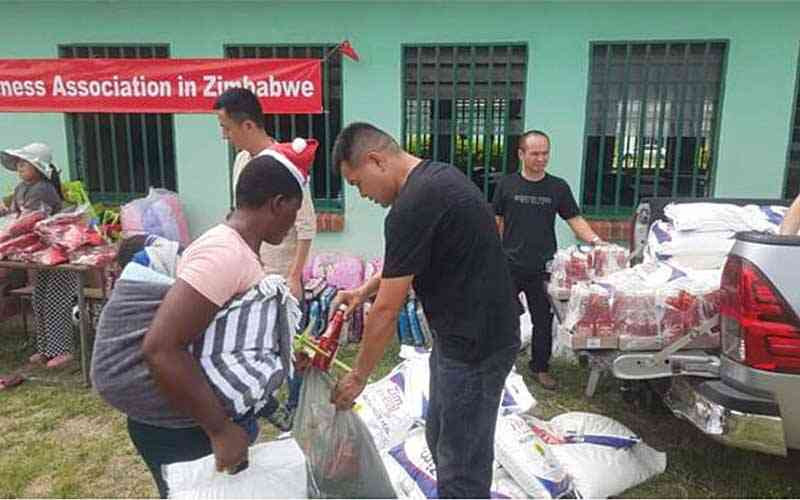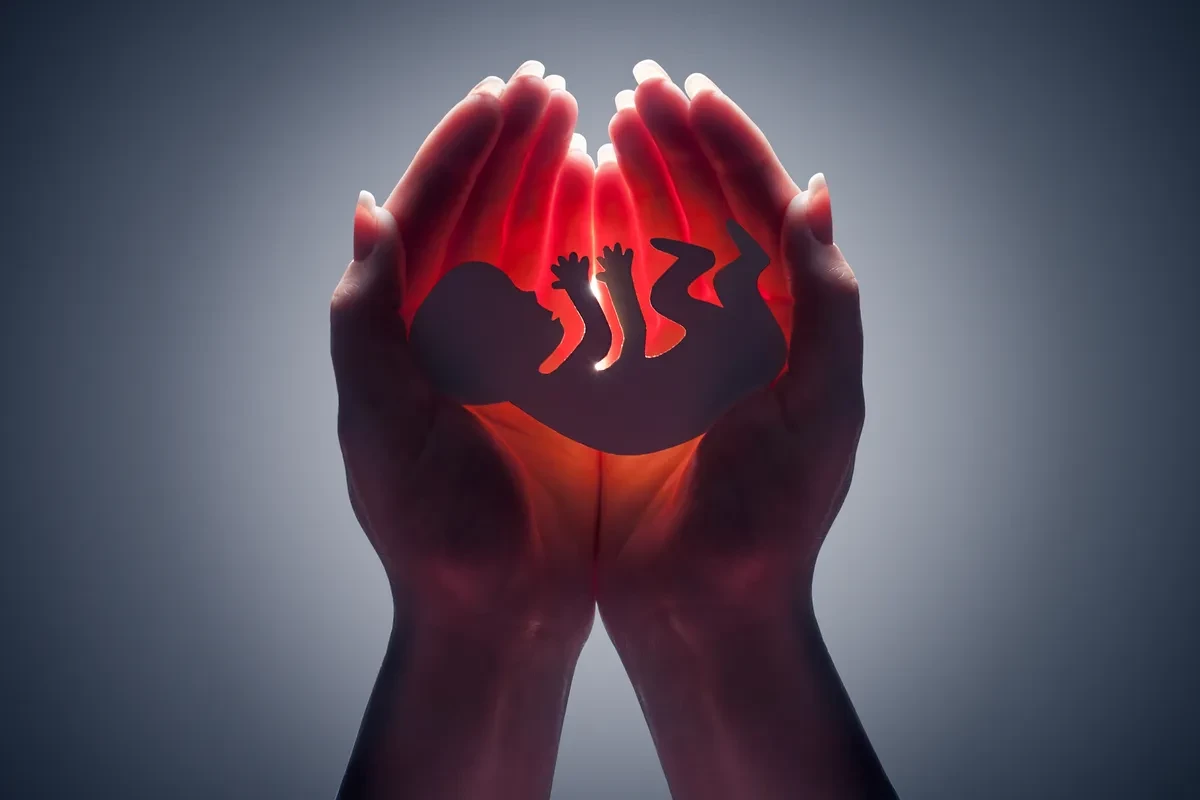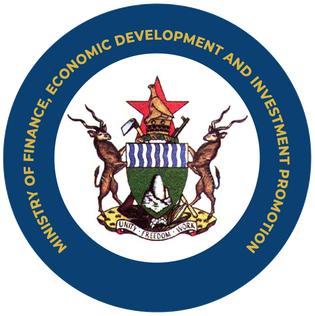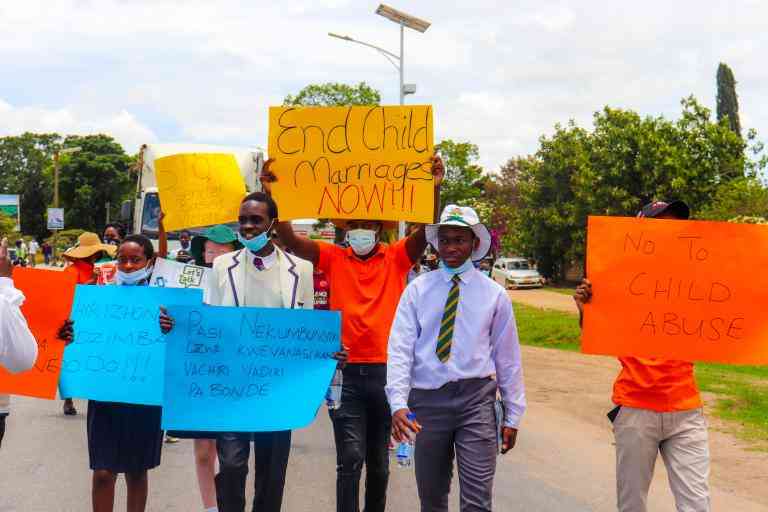
The Zimbabwe government has, for the past three years, been banking on positive economic growth figures in trying to convince the nation that the country is developing.
Indeed, under normal circumstances, such numbers as 8,5% (2021), 3,4% (2022), and a projected 3,8 for this year are quite commendable.
At the present moment the country’s GDP (gross domestic product) is estimated to be US$29 billion — a marginal improvement from the US$28,37 billion for the previous year, and US$21,51 billion in 2020.
In fact, this is where the entire “upper-middle-income economy by 2030” vision is premised.
This is an economic classification, defined by the World Bank as having a GNI (gross national income) of between USS$4 046 and US$12 535 per capita.
In Zimbabwe, the GNI per capita currently sits at US$1 530 — making it a lower middle-income economy.
However, with such seemingly positive figures, clearly moving in the right direction — why are the people of Zimbabwe still suffering and languishing in poverty?
In fact, according to the UN, half the population lives in extreme poverty (earning less than US$1,90 a day), while an estimated three-quarters of the workforce is living below the poverty datum line (now placed at $1 150 000 a month).
- Mavhunga puts DeMbare into Chibuku quarterfinals
- Bulls to charge into Zimbabwe gold stocks
- Ndiraya concerned as goals dry up
- Letters: How solar power is transforming African farms
Keep Reading
This is further exacerbated by a freefalling exchange rate — with $7 500 buying US$1 (on the parallel market), as well as an equally shocking official rate of $4 860 to the greenback.
The rabid exchange rates are largely attributed to the Mnangagwa government’s printing of unsustainably high quantities of Zimdollars — which are allegedly being directly channelled to the “black market” by the RBZ to buy as much hard currency as possible.
The situation has become worse as Zimbabwe heads towards the August 23, 2023 harmonised elections — with the Zanu PF regime needing money to finance its projects for campaigning purposes.
Be that as it may, why then is this supposed economic growth not translating to a higher standard of living for the citizenry?
The answer is simple and straightforward.
Looting, looting, looting!
It does not mean anything if a country makes billions upon billions of dollars from its resources with most of that money never reaching the people on the ground.
This is the same as a father who earns thousands of US dollars a month — but opts to spend the cash on merrymaking, drinking, and other pleasures — while neglecting his family.
At the end of the day, his children will still go to bed hungry, fail to attend school, have no decent clothing, and fail to access even the most basic of healthcare.
In other words, all those thousands of dollars mean absolutely nothing to the man’s family.
This is exactly what is happening in Zimbabwe.
The country boasts more than 60 minerals, with about 40 already being mined.
At least 4 000 gold mines dot the country — along with platinum, chrome, coal, diamonds and more.
Zimbabwe also holds some of the world’s biggest hard-rock lithium deposits. In fact, this year, the country expects its mining industry to reach the US$12 billion mark.
Nonetheless, each year, Zimbabwe is prejudiced of over US$2 billion of potential revenue through smuggling.
Similarly, US$3 billion is lost via illicit cross-border financial transactions, with half the value of our GDP going towards corrupt economic activities annually.
Who can quickly forget the stunning revelations in the Al Jazeera documentary, Gold Mafia?
Most of us are still haunted by statements made by ambassador-at-large Uebert Angel and his sidekick Rikki Doolan.
They proudly narrated how they could easily facilitate money laundering at a grand scale? In the process, they implicated the Head of State, President Emmerson Mnangagwa — a claim repeated by another notorious gold smuggler, Ewan Macmillian.
Therefore, with such incredibly massive amounts of money and resources being pillaged from our economy what is left for the ordinary citizens?
Where will the money come from for the procurement of adequate essential medicines and radiotherapy machines and building of state-of-the-art hospitals?
How can the government afford to construct modern educational institutions in a country where many rural children still learn in the open using bricks as desks, without any books? Of course, there will always be enough to purchase a US$54 million presidential jet, as well as US$340 million overpriced helicopters.
The Mnangagwa government will use whatever is remaining after the looting for doling out billions of US dollars in so-called “housing loans” to already privileged Cabinet ministers, their deputies, and now magistrates and judges.
In Zimbabwe, only the powerful matter while millions of ordinary citizens count for naught.
Only those in power, and those aligned to them, are entitled to a comfortable life of opulence as over half of the population languishes in extreme poverty.
Civil servants and pensioners are abandoned to suffer. Their salaries and pensions cannot even afford a few loaves of bread a month.
Even if the country eventually attains the envisioned upper-middle-income economy status by 2030 — what will be there for the ordinary citizen to cheer about?
As noted, Zimbabwe already earns enough to develop the nation and significantly uplift the standards of living of the majority.
If we had an honest, caring government, we would not need to wait for seven years to have a good life.
We already have everything we need.
Nevertheless, our resources are going into the pockets of, and only benefiting, those in power at the expense of millions of Zimbabweans.
What will change for the ordinary citizens even if our GNI per capita increases to US$4 046 — the threshold for becoming an upper-middle-income economy?
The answer is NOTHING!
As a matter of fact, countries like Rwanda, Madagascar, Tanzania, Senegal and Uganda are lower middle-income economies yet, their citizens enjoy a higher standard of living than Zimbabweans (which supposedly falls under the same economic classification).
They are not waiting for an “upper middle-income economy” for them to live in dignity.
If the Mnangagwa administration cannot be honest with the little that is there, how can it be trusted with plenty?
What a bigger economy means is more money and resources for the ruling elite to plunder!
The people of Zimbabwe will remain stuck in their impoverishment — with our rural folks dancing and ululating for handouts and free agricultural inputs.
For the man, woman and child on the street, all those figures of economic growth which the Mnangagwa regime loves throwing around mean absolutely nothing!
Is there any wonder we are ranked among the unhappiest people in the world?
Zimbabweans will continue wallowing in poverty even if the country becomes a high income economy.











